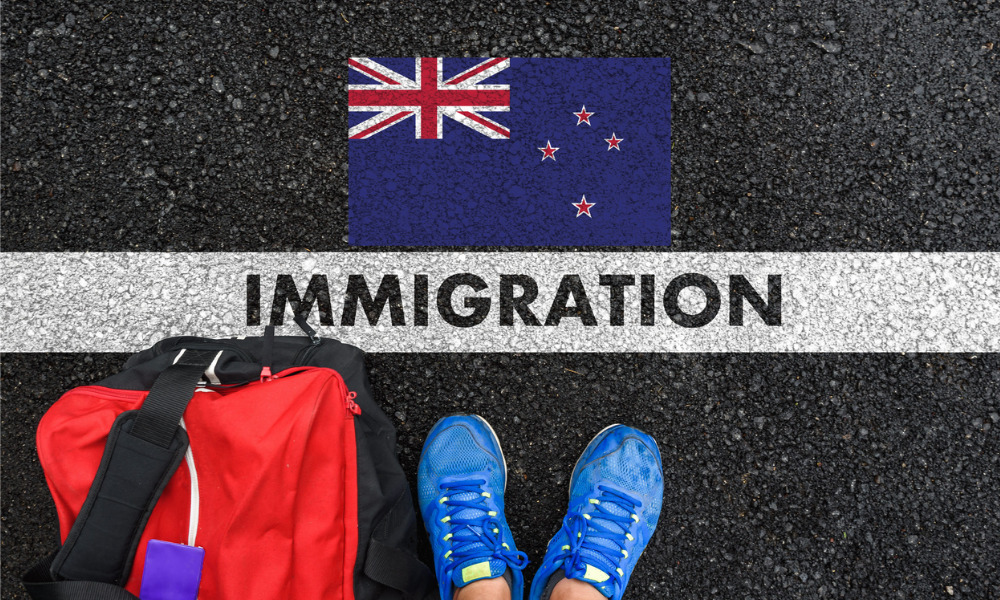
Businesses who have relied on immigration to fill labour and skills shortages will have to look at different ways to bolster their workforce

Due to the number of migrants to New Zealand likely to significantly reduce in the next few years, employers will have to look to other diverse groups in our workforce to ensure their business thrives.
The Covid-19 crisis means the supply of temporary and permanent migrant workers to New Zealand is currently turned off, according to Massey University’s Distinguished Professor Paul Spoonley.
“And it might remain turned off, depending on the visa category, for between 12 months to three years,” he said.
Diversity Works New Zealand Chief Executive Maretha Smit, added that this means businesses who have relied on immigration to fill labour and skills shortages will have to look at different ways to bolster their workforce.
“We would like to see New Zealand organisations more engaged with the older generation in the workforce,” said Smit.
“Employers should be talking to their wisdom workers to find out how they can retain their skills and institutional knowledge while still accommodating the different ways they may want or need to work as they age.”
Moreover, fewer migrants will also mean that businesses need to more actively reach out to younger New Zealanders.
“If our economy slows down, there is a risk we could end up with more NEETs (young people not in education, employment, or training),” said Smit.
“Forward-thinking leaders should be planning now to invest in those young people and bring them into their organisations to create the workforce they need for future success.”
Spoonley has been leading the team analysing data from the 2020 New Zealand Workplace Diversity Survey.
The survey report will be made public on Wednesday, 6 May but initial findings suggest ageing and employment transition for younger staff do not appear to be important considerations for employers.
However, he believes that some industries at least will become increasingly important as the fallout from Covid-19 and our ageing population define our society through the 2020s.
At the time of the Alert Level 4 lockdown, there were 170,000 migrants on temporary visas in the country, while 2019 saw the largest net gain of permanent migrants ever.